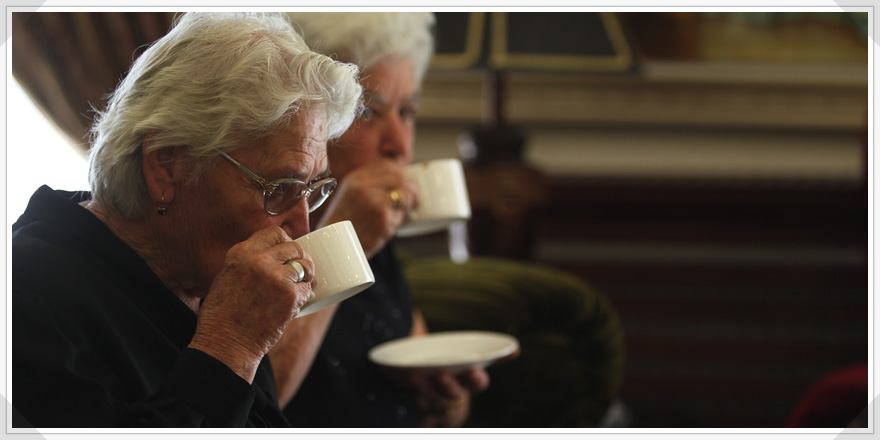

An elderly person is a human being whose care demands professional knowledge and training.
Ageing is a natural phenomenon during which the anatomic and functional systems are constantly on the decline. This process differs from one person to another and from one organ to another.
The elderly usually suffer from more than one diseases at the same time. They are prescribed to take more and more medicines facing the risk of having various side effects. They are also very frail which might lead to worse.
Statistically, the elderly usually suffer from arthritis, osteoporosis, depression, senility, heart diseases, strokes, along with diabetes and high blood pressure. There are also some disorders which are not considered to be diseases like poor eye-sight, poor hearing or poor balance.
The same goes for their digestion system. It has been observed that the excretion of saliva is reduced, the mobility and haematosis of the peptic organs is also reduced and so the ability to digest is getting slower and harder. Consequently their food should be selected more carefully. In addition, they have problems with chewing and swallowing. Their diet and dietary habits should be rich in calories and nutrients, easy to eat, chew and digest in order to avoid all the above difficulties.
According to the World Health Organization, health is not only our physical well being, but it is the overall physical, mental, psychological and social well – being. A great number of old – aged people tend to be lonely and depressed and this is a result of the feeling that they are not needed any more or that they are just a burden to the young. However, we strongly believe that the elderly are not socially dropouts. On the contrary, they are in great need of feeling necessary and creative so that they will not have feelings of depression, neglect and abandonment. Depression at this age can easily be dealt with affection, love and creative occupation. Moreover human contact is often more important than the best medication.

The elderly people need medical care, human contact and respect. We offer a new approach to the care of the elderly aiming for the well being of our residents.
More »
Just 35 klm south of Rethymno, Gerakari is a blessed place with a long history, Cretan tradition, full of cherry trees and a healthy environment all year round.
More »
Excursions, festivities, creative activities and many more are organised by Agkali's specialised staff, so that our loved ones can enjoy to the fullest.